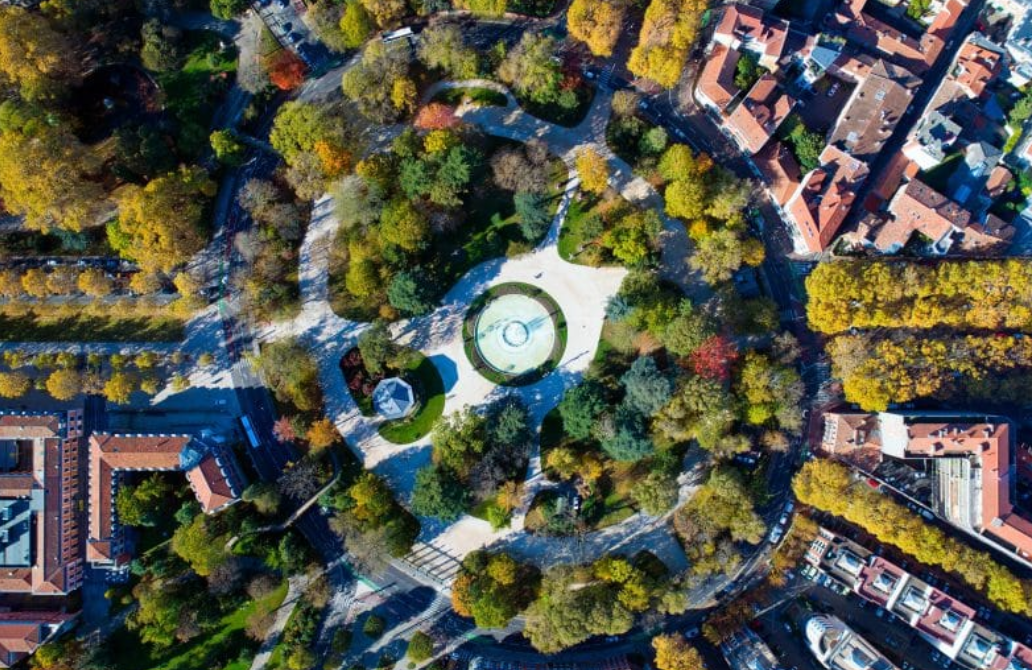European Cities are learning together how to achieve climate neutrality by 2030

EIT Climate-KIC leads the NetZeroCities Pilot Cities Programme, currently supporting over 50 European cities in their quest for climate neutrality by 2030, as part of the EU Cities Mission. This two-year initiative provides funding, support, and training to a diversity of cities, facilitating collective learning experiences.
The Pilot Cities Programme provides participating cities with funding and support from EIT Climate-KIC through the NetZeroCities platform. Amsterdam, Madrid, Rome and Warsaw are among the 53 cities participating in the Pilot City Programme.
Some cities have applied as multi-city Pilots; German, Dutch, Italian, Spanish, Slovenian, and Polish cities have applied in groups in an effort to ramp up their collaboration. Most cities have applied on their own but will go through the programme together as a cohort. Along the way they are collectively challenged to understand the role a city can take in its journey to climate neutrality.
Over two years, they will receive capacity-building training and support from dedicated city experts. This will help them identify the source of their main emissions and map out potential solutions that should lead to emissions mitigation.
Galway, for example, will focus on retrofitting private homes in a decarbonisation area. Liberec and Guimarães are setting up energy communities to test out a range of solutions from transport and energy consumption in buildings to improved waste management.
Learning how to reach climate neutrality
The approach the programme takes is about exploring different pathways and understanding how local ecosystems work so that cities can have more clarity on how to deliver the desired changes. Through it, cities aim to set up new services or entities, conceive of new tools to aid decarbonisation, or set up local projects.
Cities have already taken part in learning activities offered by the programme. From some of these early sessions, similarities have begun to emerge. The need to define what role a city administration should be playing in the transition, the need for good practices that will boost citizen involvement and the difficulty in identifying and engaging the right stakeholders that should be involved in the climate transition as partners are some of the recurring themes.
The goal of this process is that cities are able to use all of their findings to ultimately guide their decision making, guide their investments, and involve a wider audience, be it citizens or communities, but also more importantly the decision makers and politicians who influence those processes they are trying to change
Nikhil Chaudhary, Strategic Learning Lead in NetZeroCities
Collaboration for transformation
In the spirit of being a space for participating cities to practice on the ground approaches to systems change, the programme provides a deep learning syllabus, including boot camps, summer and winter schools, peer learning and sensemaking sessions. Through these, cities generate key insights about how change is happening, what can be extracted from this and applied more broadly, and in turn build capability and capacity for the work of systemic change across the entire city. In addition, as cities learn what works (and what doesn’t) in their context, these innovative pathways they are experimenting with can then be scaled and replicated by other cities, thereby maximising the reach and impact of their work, and the wider Pilot Cities Programme.


 Share this page
Share this page


